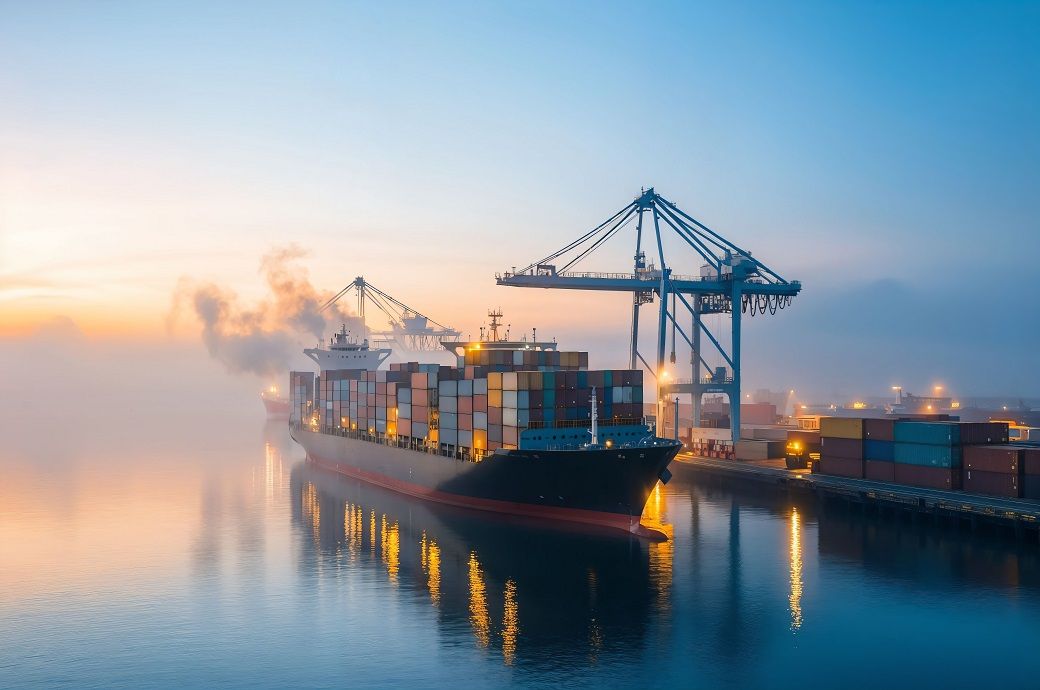

In prepared testimony for yesterday’s US trade representative (USTR) hearing on the proposal, WSC chief executive officer Joe Kramek said WSC supports the goal of building a strong and vibrant US shipbuilding and maritime sector.
“These proposals will result in increased costs for US exporters and consumers as well as supply chain inefficiencies, while failing to provide China with effective incentives to alter its acts, policies, and practices,’’ Kramek said.
USTR has proposed a per-port-entry fee of up to $1.5 million on Chinese-built vessels, and up to $1 million per-port-entry fee on any vessel (Chinese built or non-Chinese-built) for operators that have any Chinese-built vessels in their fleet or order book.
It has also proposed restricting carriage of exports from the United States to a quite small number of US-flagged or US-built vessels.
Kramek cautioned that the proposed port fees, if adopted, would “generate congestion at larger ports while reducing service at smaller ports as vessel operators minimise the number of US port calls their vessels make on each route,” a WSC release said.
He noted that an average-sized (6,600 TEU) container ship whose route now includes six port calls in the United States would incur fees that would approximately double the combined inbound and outbound spot rates for shipping between New York and Rotterdam.
WSC represents operators of more than 90 per cent of the world’s container-ship capacity.
Now and for years to come, “order backlogs—especially from the military—and labour shortages constrain the ability of US shipyards to take on additional orders. Likewise, a shortage of trained and certified US mariners constrains the ability to reflag foreign-built vessels in the United States,’ Kramek noted.
Kramek also noted that the port fees appear to go well beyond what the law authorises: “Generating demand for domestic products and raising government revenue—whether to support a domestic industry or for other purposes—are not permissible bases for actions under Section 301” of the US Trade Act of 1974, which was enacted for the purpose of “inducing elimination of the foreign acts, policies, and practices at issue.’’
“The administration should work with Congress on a forward-looking strategy that is constructively designed to revitalise the US maritime industry,’’ Kramek concluded.
Fibre2Fashion News Desk (DS)